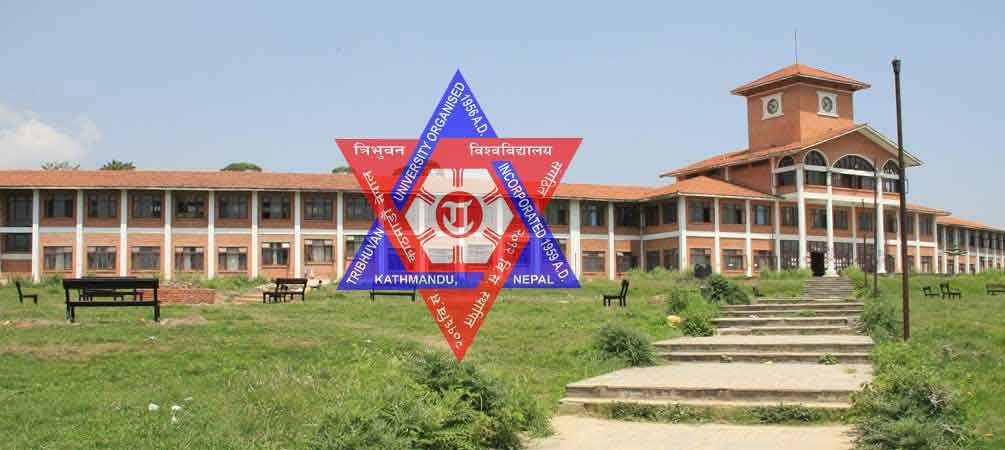
TU Revises Nepali Postgraduate Curriculum
Tribhuvan University (TU) has found serious negligence in the curriculum design of the Nepali subject at the postgraduate level.
The curriculum, introduced only six months ago, is now set for revision after it appeared to be influenced by the interests of certain individuals and groups. Allegations were made that the then subject committee head and others followed a biased and restrictive approach, even including their own published works directly in the new curriculum.
Upon reviewing the issue, both the Academic Council chaired by the Vice-Chancellor and the Faculty Board chaired by the Dean directed the Central Department of Nepali to revise the curriculum immediately.
The Head of the Central Department of Nepali, Prof. Dr. Krishna Nyaupane, stated that the current curriculum will be allowed to complete one cycle, but a revised version will be implemented for newly admitted students from the coming academic session.
He explained, “The Academic Council and the Faculty Board have issued directives. From the upcoming academic session, the revised curriculum will be implemented.” TU clarified that although both councils had instructed immediate enforcement of the revised syllabus, previously admitted students would complete their studies under the old curriculum to avoid sending negative signals publicly.
Allegations were made that the curriculum preparation ignored gender, ideological, and regional inclusion. It was also criticized for being against democratic and inclusive principles, excluding feminist literature, and removing progressive literary traditions central to Nepali literature. The matter was even raised at the Parliamentary Education, Health, and Information Technology Committee.
Following a preliminary review of the complaints, the committee communicated with TU, noting the serious nature of the allegations. A petition submitted by the Women Writers’ Group accused the then Chairperson of the Nepali Subject Committee, Prof. Dr. Khagendra Prasad Luitel, of directly including the table of contents from his book Theoretical Form of Diaspora (2079 BS) into the curriculum.
Supporting evidence submitted with the petition showed a direct overlap between the topics covered in Luitel’s book and those listed in the postgraduate course Immigrant Nepali Literature (605.3). Luitel is also a former head of the Central Department of Nepali.
Coordinator of the Women Writers’ Group, Rita Khatri, claimed that not only was the table of contents copied, but also that the course design and credit hours were imbalanced.
The group had previously alerted TU officials, including the Rector, the Dean of Humanities and Social Sciences, and the Chairperson of the Nepali Subject Committee, about the unilateral practices.
According to the Women Writers’ Group, among the 62 literary texts included in the revised curriculum, only two are by women writers—making up just three percent of the total. Critics argue that the curriculum is unbalanced, one-sided, and against the principle of inclusion guaranteed by the Constitution. Scholars of Nepali language, literature, and philosophy have also expressed opposition.
Published on: 2082-05-07 B.S.
Tribhuvan University College News

